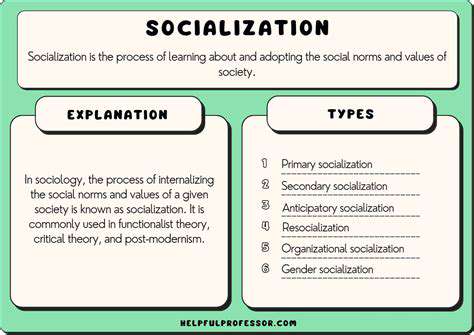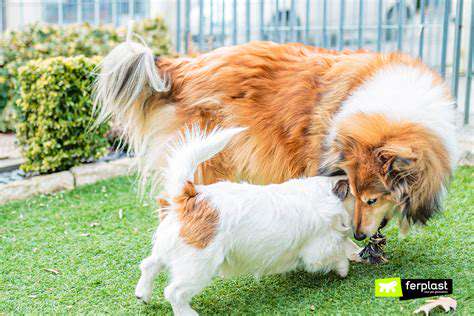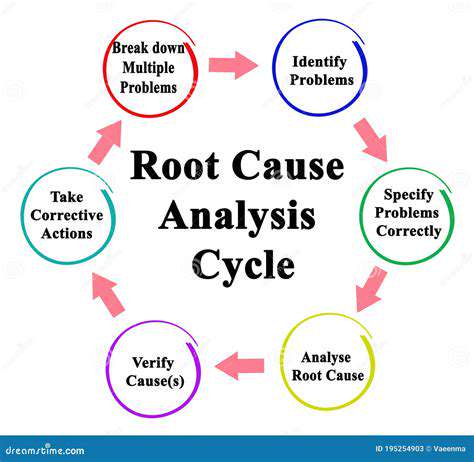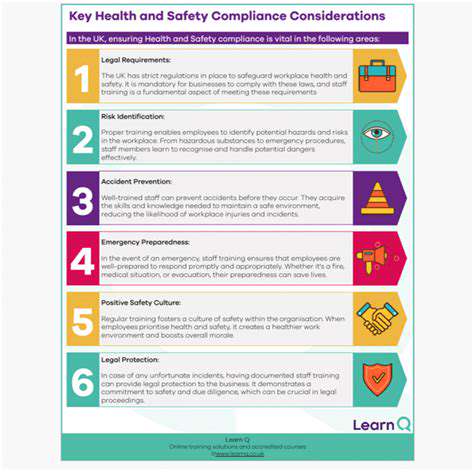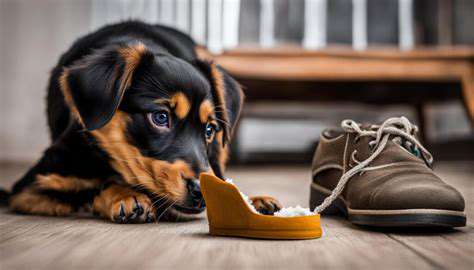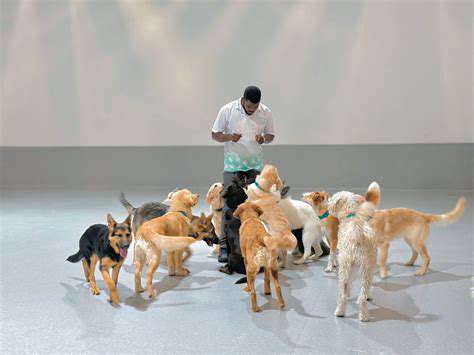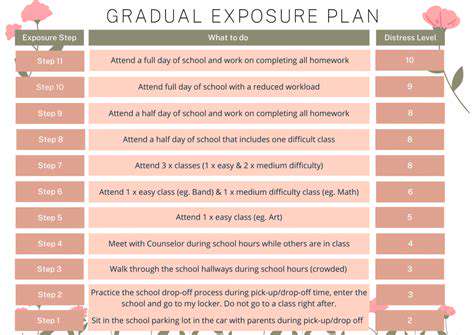Preventing Behavioral Problems Through Proper Puppy Socialization
Introducing Puppies to Sounds
Young dogs exhibit natural curiosity but may react to unfamiliar noises with either fear or excitement. Gradual exposure to various sounds proves essential for preventing the development of fear-based reactions. Begin with soft, commonplace noises such as rustling papers or soothing music. Progressively introduce louder and more complex sounds while monitoring the puppy's comfort level. Never expose them abruptly to loud or startling noises, as this can create lasting negative associations.
When introducing urban sounds like car horns, start by playing recordings at low volume from a distance. Gradually decrease the distance while rewarding calm behavior with treats. If signs of distress appear, immediately cease the sound and offer reassurance. Successful sound socialization requires patience and consistency over time.
Introducing Puppies to People
Human socialization forms the cornerstone of a well-adjusted adult dog. Expose puppies to diverse individuals - different ages, sizes, and ethnic backgrounds - while they're young. Positive encounters involving gentle petting help build confidence. Always supervise these interactions to prevent overwhelming the puppy.
Allow the puppy to approach new people at their own pace, rewarding friendly behavior. Watch for stress signals like excessive yawning or lip licking, and be prepared to remove the puppy if needed. Positive reinforcement combined with gradual exposure creates optimal socialization outcomes.
Introducing Puppies to Other Animals
Animal introductions require careful management. Begin with brief, supervised meetings where both animals have escape routes. Choose neutral, controlled environments and never force interactions. Reward calm behavior from all parties.
Introduce various species gradually, using treats to build positive associations. Be prepared to separate animals immediately if tension arises, using calm verbal reassurance. Early positive interspecies experiences can prevent future behavioral issues.
Introducing Puppies to Different Environments
Environmental exposure develops adaptable adult dogs. Start with familiar settings before progressing to new locations like parks or veterinary clinics. Always prioritize the puppy's comfort and safety during these experiences.
Monitor body language closely - signs of anxiety warrant immediate removal from the situation. Remember that puppies have individual tolerance levels; progress at their pace using consistent positive reinforcement.
Introducing Puppies to Objects and Toys
Safe interaction with objects begins with appropriate toys matching the puppy's size and chewing strength. Introduce various textures and shapes gradually, starting with soft toys. Always supervise play to prevent accidents.
When exposing puppies to household items, use positive reinforcement to encourage appropriate behavior. Redirect any destructive tendencies immediately. Proper object socialization prevents future destructive behaviors while teaching boundaries.
Handling and Grooming: Essential Components of Early Socialization
Early Handling Practices
Early positive handling experiences establish trust and comfort with human contact. Begin with gentle interactions, avoiding sudden movements that might startle. This foundation eases future veterinary exams and grooming sessions.
Teach all family members proper handling techniques. Gentle strokes combined with verbal praise create positive associations that last a lifetime.
Grooming for Health and Hygiene
Regular grooming serves dual purposes - maintaining appearance and monitoring health. Early introduction to brushes and combs prevents future resistance. Make each session positive with treats and praise, building anticipation rather than dread.
Begin with short sessions, gradually increasing duration as comfort grows. This approach prevents matting while allowing early detection of skin issues.
Socialization Through Gentle Interactions
Comprehensive socialization shapes temperament and prevents behavioral issues. Controlled exposure to diverse stimuli during puppyhood yields confident adult dogs. Always respect the animal's comfort level during this process.
Creating Positive Associations with Handling Tools
Familiarize puppies with grooming tools through progressive desensitization. First allow investigation of stationary tools, then introduce gentle contact. Reward calm behavior at each stage to build positive connections.
Understanding the Importance of Consistent Routine
Predictable handling schedules reduce anxiety by creating expectations. Consistency in grooming and handling routines fosters security, making each experience less stressful than the last.
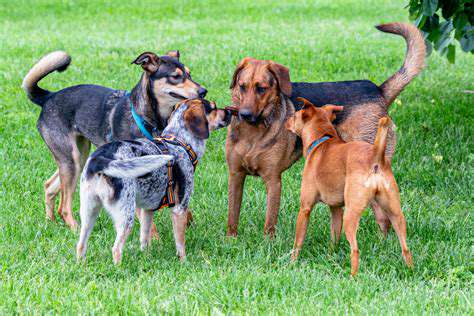
Read more about Preventing Behavioral Problems Through Proper Puppy Socialization
Hot Recommendations
- The Impact of Early Socialization on a Dog's Interaction with Other Animals
- Car Travel and Puppy Socialization: Making the Journey a Positive Experience
- The Importance of Early Environmental Exposure for Puppy Development
- Taking Your Puppy to the Vet: Positive Socialization Strategies
- Making Training a Positive Experience for Your Puppy
- Public Transportation and Puppy Socialization: A Step by Step Guide
- Safe Socialization: Allowing Others to Pet Your Puppy
- Helping a Puppy Who Struggles with "Stay"
- Positive Puppy Interactions: Making Meetings with New Friends Fun
- No Treats Needed? Training Basic Commands with Verbal Praise
